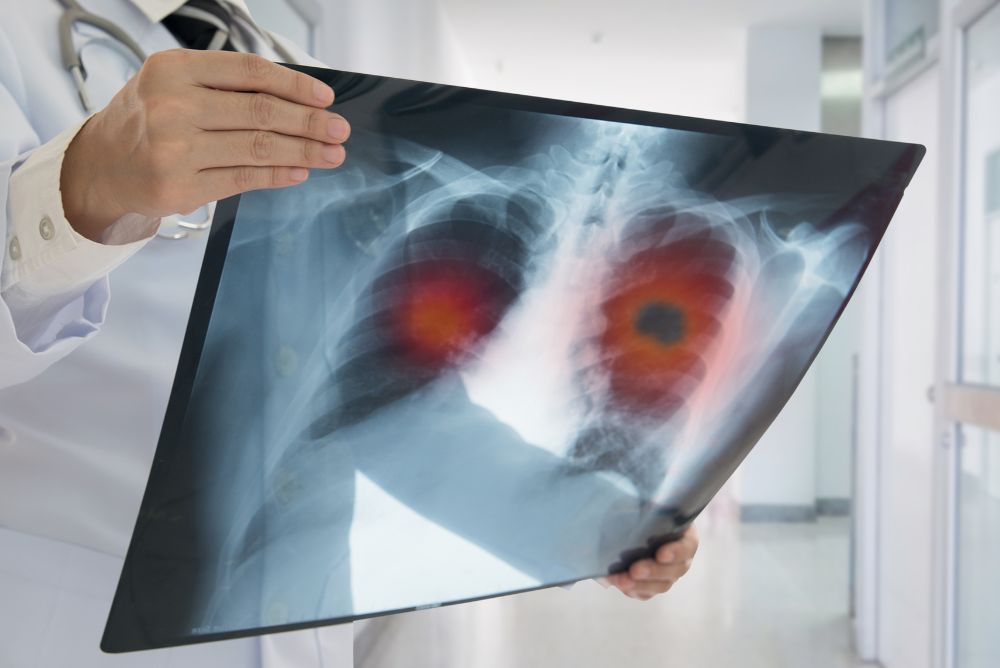Many people have heard about radon and that prolonged exposure is hazardous. However, most don’t know the full extent of the danger. Radon is an odorless, tasteless, invisible gas that can plague any home. Unfortunately, you might not know you’ve been exposed to radon until it’s too late. However, testing your home regularly can keep your family safe. Read on to learn more about the connection between lung cancer and radon exposure.
A Leading Cause of Lung Cancer
Lung cancer is an incredibly detrimental ailment, but not everyone understands its causes. Smoking cigarettes is the most significant and widespread cause of lung cancer, but it’s not the only one. Extensive radon exposure is the second leading cause of lung cancer. Unfortunately, most people who fell victim to radon-induced lung cancer didn’t know they were at risk until it was too late.
Radon Can Be Anywhere
Radon gas is not limited to one region. Your home might have high radon levels while your next-door neighbor has low levels in their house; that said, radon can be anywhere and everywhere. Nobody is safe from radon exposure because of their location; therefore, nobody is exempt from radon testing.
Smoking Increases the Risk of Lung Cancer
It’s important to know that a smoker exposed to radon has a higher chance of developing lung cancer than a non-smoker. While anyone can experience radon exposure, smoking cigarettes increases your risk of developing lung cancer following the exposure.
Radon Exposure Is Preventable
As previously mentioned, radon gas is undetectable by human senses. As a result, most people don’t realize their exposure until it’s too late. As a general rule, everyone should test their home for radon gas every two years and hire a radon mitigation service to mitigate high levels. By testing regularly, you can keep your family safe and prevent long-term radon exposure, reducing the chance of radon-induced lung cancer.
Radon often flies under the radar, and it can be harmful to your health and wellness. Now that you know the connection between lung cancer and radon exposure, you’re ready to test your home.


Recent Comments